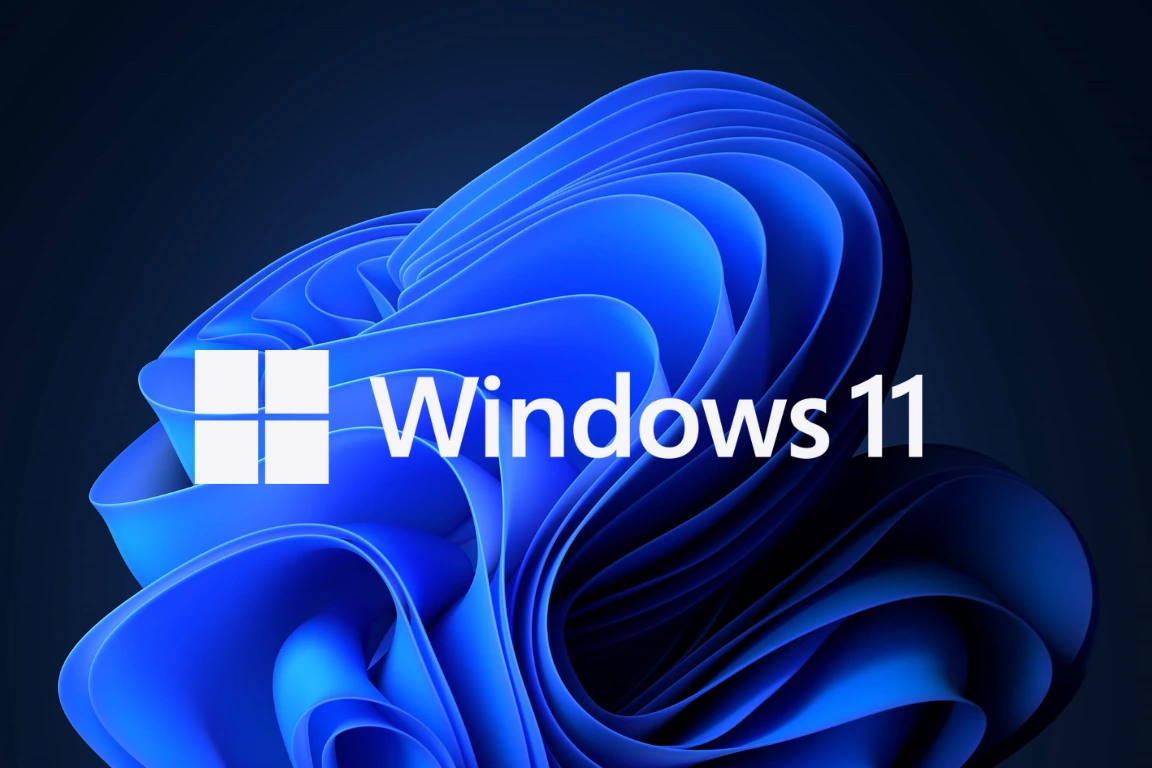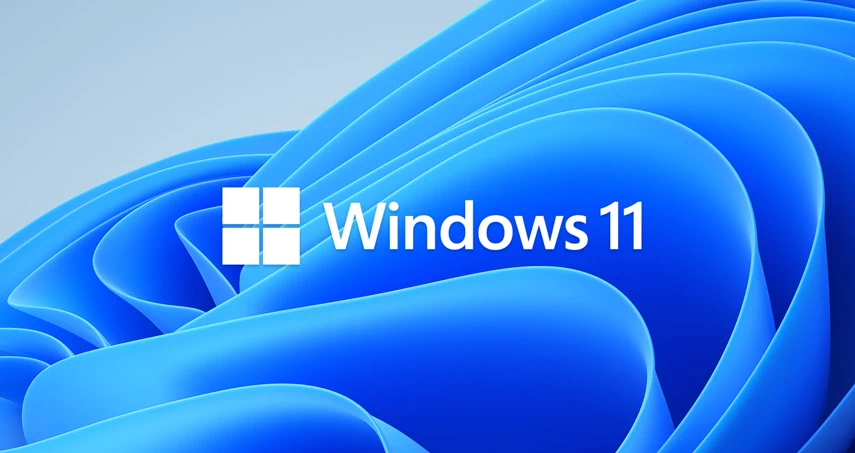Is Your Business Ready for Windows 11?
ahead with the latest technology is no longer optional—it’s essential. From security to performance, the tools you use every day have a direct impact on your bottom line. One of the most important elements of your tech stack is your operating system. Windows 11, the latest version of Microsoft’s OS, brings a variety of improvements that can help your business thrive. But if you’re struggling to upgrade, you’re not alone.
Let’s take a closer look at why upgrading to Windows 11 may not be as simple as it sounds, what might be holding you back, and why upgrading your hardware could be the key to unlocking all the benefits Windows 11 has to offer.
Why Upgrade to Windows 11?
Before diving into the challenges, it’s important to understand why upgrading to Windows 11 is worth considering in the first place. Microsoft has packed it with features designed to make your business run more smoothly, securely, and efficiently.
Enhanced Security
With the rise in cyberattacks, businesses can’t afford to take chances with outdated security. Windows 11 includes advanced security features that protect your sensitive data against threats like malware, ransomware, and unauthorised access.
Improved Performance
Faster boot times, better multitasking, and enhanced efficiency—Windows 11 is designed to get the most out of modern hardware. That means your team can be more productive, with fewer slowdowns and system crashes.
Modern User Interface
A clean, intuitive interface isn’t just about looks. It can improve how your employees navigate their daily tasks, reducing frustration and increasing productivity.
Future-Proofing Your Business
Windows 11 is built to be compatible with the latest hardware and software, ensuring that you’re ready to take advantage of emerging technologies as they come out.
But here’s the catch: not all systems are ready to make the leap to Windows 11, and some roadblocks could be standing in your way.
Is Your System Ready? Windows 11 Hardware Requirements
One of the biggest reasons businesses find themselves unable to upgrade to Windows 11 is hardware. Unlike some previous updates, Windows 11 has strict hardware requirements. Here are a few key ones:
- A 64-bit processor with at least 2 cores
- 4 GB or more of RAM
- 64 GB or more of storage (preferably an SSD)
- TPM (Trusted Platform Module) version 2.0
- A graphics card compatible with DirectX 12
If your current systems don’t meet these requirements, you won’t be able to upgrade to Windows 11. This is where many businesses run into problems.
What Happens After Windows 10’s Last Security Update?
Microsoft has announced that they will continue to provide security updates for Windows 10 only until 14 October 2025. After that, your devices will no longer receive critical security patches. This means any systems still running on Windows 10 will become vulnerable to new cyberattacks, putting your business data at risk. For businesses, especially those handling sensitive information, this is a risk too big to ignore.
Common Reasons Why You Can’t Upgrade
Even if your hardware seems up to par, you might still encounter issues during the upgrade process. Some common reasons include:
Outdated Drivers
Device drivers that aren’t updated can prevent Windows 11 from installing properly. Ensuring all
drivers are up to date is a must before attempting an upgrade.
Lack of Storage Space
Windows 11 requires substantial storage, not just for the installation but also for future
updates. If your systems are running low on disk space, it may cause issues.
Software Incompatibility
Some older programs might not work well with Windows 11. It’s crucial to review your business
critical applications and make sure they’ll run smoothly post-upgrade.
Corrupted System Files
If there are corrupted files in your current OS, it could cause the upgrade to fail. Running a
system check beforehand can help identify and fix any issues.
TPM Activation Issues
Many devices have TPM (Trusted Platform Module), which is a small security chip built into your computer that helps protect sensitive information, like encryption keys and passwords. It’s a critical feature for Windows 11’s enhanced security. However, on some devices, TPM might not be activated by default. You can check your device’s BIOS settings to ensure TPM is turned on, which can help avoid problems during the upgrade.
Time to Reassess Your Hardware
If you’re facing any of these challenges, you’re probably wondering: Is it worth the effort to upgrade to Windows 11? The answer is yes—especially when you consider what’s at stake. The most efficient way to future-proof your business and make the upgrade process smooth is to assess your current hardware.
By upgrading your devices to meet Windows 11’s requirements, you can:
- Ensure ongoing security for your business beyond 2025
- Improve system performance for your team, boosting productivity
- Avoid future compatibility issues with new software and hardware advancements
How We Can Help
At Insight IT, we understand that upgrading hardware can feel like a big investment. That’s why we’re here to help make the transition easier. We can evaluate your current systems, recommend the right hardware, and ensure everything is configured to maximise the benefits of Windows 11. Plus, our team will be there to support you every step of the way, minimising downtime and ensuring your business keeps running smoothly.
Upgrading to Windows 11 is more than just installing a new operating system—it’s about setting your business up for long-term success. If you’ve run into roadblocks with the upgrade process, it might be time to look at your hardware and consider an upgrade. The good news is, with the right tools and support, you can make this transition smoothly, ensuring your business is secure, efficient, and ready for the future.
If you’d like a hardware assessment or have questions about upgrading to Windows 11, reach out to us today! We’re here to help.





